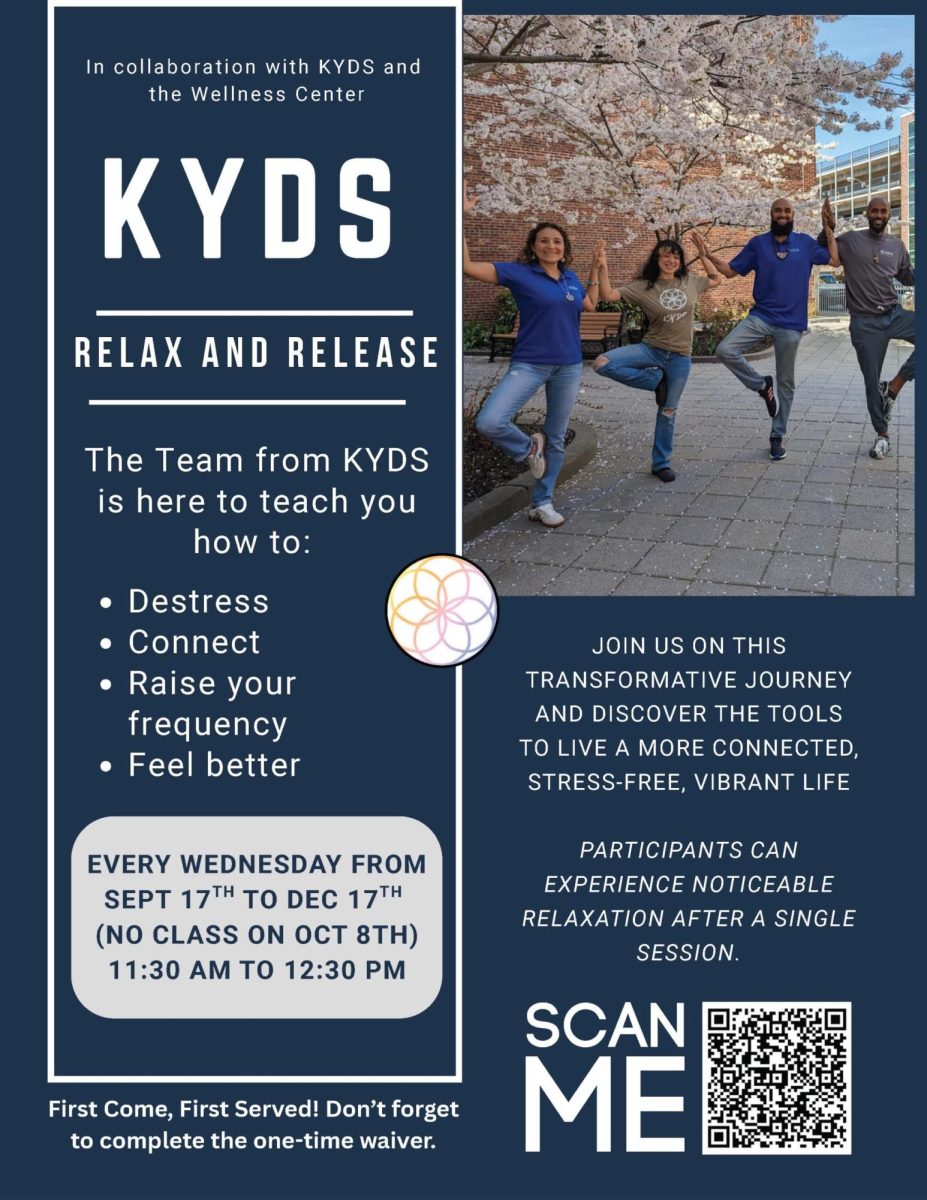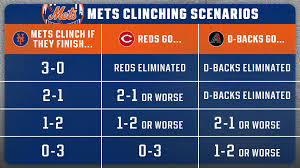‘Catch Up, Get Ahead, Stay On Track’

May 15, 2023
“Catch up, get ahead, stay on track this summer at Brookdale Community College,” is the slogan for summer registration on the Brookdale website.
A College Uncharted article lists several benefits to taking summer classes including: “save money, finish a difficult class quickly, less cumulative exam material, smaller classes,” and “graduate earlier.”
“I took a summer class last semester, so I might do one again,” said Emma McBride, a 20-year-old Brookdale student from Spring Heights. “If I see something that I need that I don’t want to do during the year, I can get it done.”
“I took my class online so that kind of made it a little different, but I found it really helpful to get my work requirements done quickly,” said McBride. “I took it with my friends, too. So we were able to do it together. It was easier than I thought it would be to manage my time.”
“I’m gonna try to see if I can get some classes over the summer, but if I can’t get them because of the scheduling or something I’m going to try to get a part-time job,” said Madeline Frohnhoefer, a 20-year-old student from Belford. “I don’t really know what’s gonna happen yet over summer.”
Changes to federal financial aid made summer classes more accessible. Students are able to use federal Pell Grants for summer, according to the National Summer Learning Association.
According to Education Business Weekly, high-achieving students are known to benefit from schools with year-round classes.
According to the U.S. Department of Education, several studies have reported that nations with more than 180 school days or attend year-round outperform American students.
Most K-12 schools in America have 180 days with some small breaks during the year and a summer vacation that lasts from four to eight weeks.
An NPR interview about summers off of school says, the current academic calendar dates back to agrarian times, “when students were needed to help with planting and harvesting.”
According to an Education Sector report, in the beginning of the 19th century, cities had long school years, while rural schools were only open six months of the year. City schools then called for a summer vacation because of low attendance due to heat and no air conditioning. Summer vacation wasn’t instituted until the late nineteenth century.
Time Magazine calls summer vacation, “an outdated legacy of the farm economy,” and says, “adults still romanticize it,” in an article about achievement gaps caused by summer vacation.
Currently, the summer holiday is viewed by many Americans as the backbone of our country’s school system.
“I work all day and go to school at night. Summer is definitely a break,” said Jhani Davis, a 22-year-old health science major from Long Branch. “I’m not thinking about taking classes. I need the time off.”


























